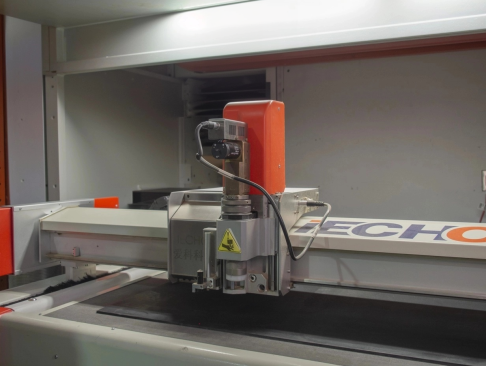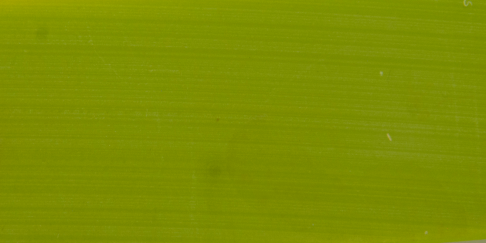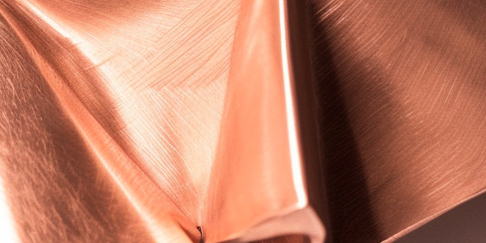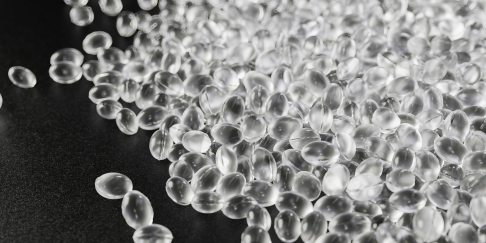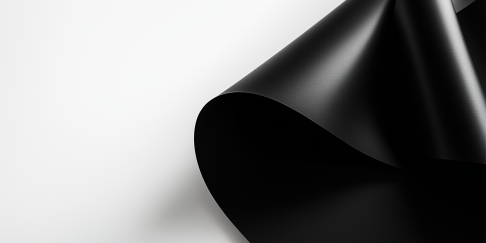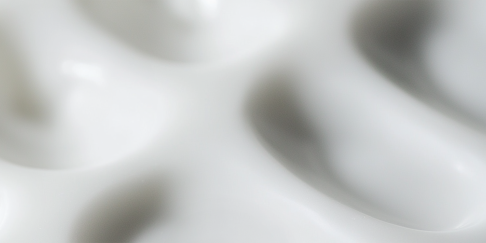Machining subcontractor for over 30 years!
Acrylic, a rigid and transparent plastic
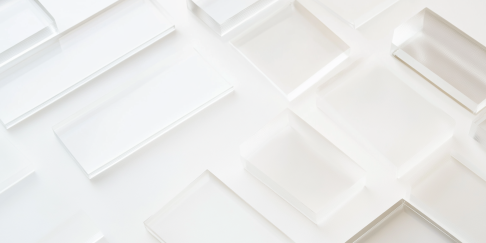
About acrylic
Acrylic, also known as PMMA (polymethyl methacrylate), is a rigid and transparent plastic widely used in various industrial sectors. It is distinguished by its exceptional optical clarity, UV resistance and weather resistance, as well as its ease of molding. Compared to glass, it is lighter and offers better impact resistance while maintaining similar transparency.
Need precise machining in acrylic?
At 3D Coupe, we have the expertise and the necessary tools to transform acrylic into high-precision parts.
Features
Mechanical performance
- High rigidity: acrylic offers excellent dimensional stability and resistance to deformation.
- Good impact resistance: although it is more brittle than polycarbonate, it remains more resistant than glass.
- Ease of machining: it can be cut, drilled, and polished easily for a precise and aesthetic finish.
Thermal performance
- Moderate heat resistance: it withstands temperatures up to about 80°C in continuous use.
- Low thermal conductivity: it exhibits good thermal insulation properties.
Chemical performance
- Good UV resistance: it does not yellow and retains its transparency even after prolonged sun exposure.
- Moderate solvent resistance: acrylic tolerates certain chemicals, but can be affected by harsh solvents.
Practicality
- High transparency: with 92% light transmission, it is ideal for optical and aesthetic applications.
- Lightweight: it weighs about half as much as glass, making it easier to transport and install.
- Easy to clean: it can be cleaned with soapy water and remains resistant to stains and superficial scratches.
Use of acrylic
Acrylic is widely used in the manufacture of signs, safety glazing, designer furniture, and sanitary protections. Its aesthetic appeal and durability make it an ideal choice for applications where transparency and weather resistance are essential.
FAQ and Comparisons
Is acrylic more resistant than glass?
Yes, acrylic is about 10 times more impact-resistant than glass, while being lighter. However, it is more susceptible to scratches, which may require an anti-scratch treatment for certain applications.
What is the difference between acrylic and polycarbonate?
Acrylic offers better optical clarity and superior UV resistance, while polycarbonate is more impact-resistant and can withstand higher temperatures. The choice between them depends on the specific needs of the application.
Can acrylic be glued?
Yes, acrylic can be glued using specific adhesives such as solvent-based glues or cyanoacrylate adhesives. Proper surface preparation is essential to ensure optimal adhesion.
Does acrylic yellow over time?
No, unlike some plastics, acrylic is UV-resistant and retains its transparency for many years without yellowing.
Can acrylic be thermoformed?
Yes, acrylic can be heated and formed into different shapes without losing its optical properties. It is often used to create pieces with complex designs.
Specialist in acrylic machining
We are experts in the precise machining of acrylic for all your industrial and commercial applications. Trust 3D Coupe for high-quality custom pieces.

We drive our clients’ growth through smart, customized subcontracting partnerships.
